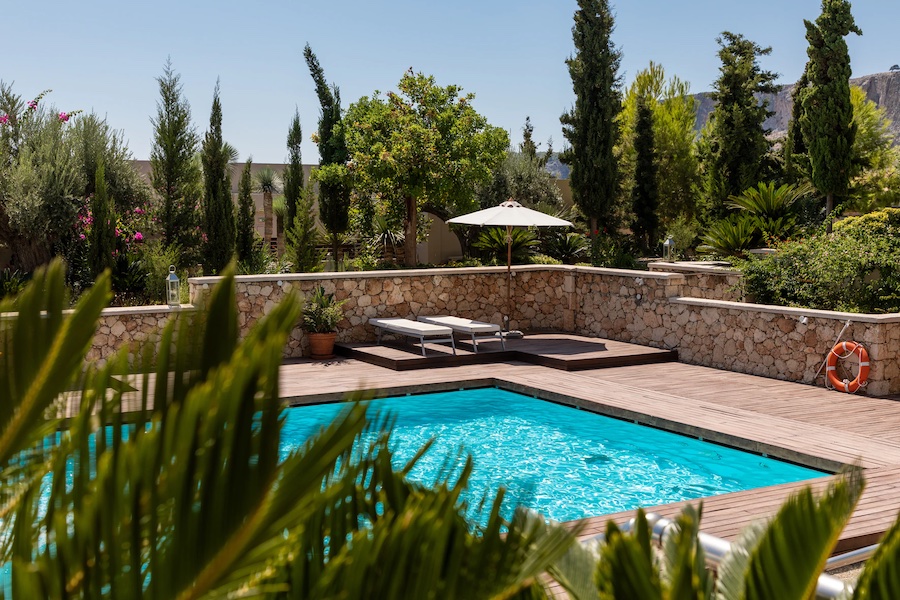The Alpes-Maritimes is suffering from a drought situation not seen in a decade and, as a result, water restrictions are being applied, including a ban on filling swimming pools.
It has been revealed that 153 out of 163 municipalities in the Alpes-Maritimes are on drought alert. The 10 others who have so far escaped the alert are asked to be vigilant.
“We are in an unprecedented situation since the first Météo-France readings in 1959, it has only happened once,” said Pascal Jobert, Departmental Director of Territories and the Sea (DDTM) of the Alpes-Maritimes region during a press conference on Tuesday, adding that he “does not want to hide anything”, but it is a cause for concern.
The situation was first brought to light back on 9th March and has not improved despite a few days of rain and storms. “We have, on average throughout the department, a rainfall deficit of 50%,” said Jobert. “That is to say that instead of having had 600mm of rain in our reserves, which should have been recharged from 1stSeptember to 24th March, we had 300mm. And in the aquifers, we are at the lowest level ever reached. Usually, we arrive at this stage in the fall, here we are only in May.”
Aquifers are not the only indicators. Streams have also run dry, which shows the severity of the situation, and have pressed the Prefecture to extend the restrictive measures that are already in place in 98 municipalities.
“It therefore leads to a ban on watering between 9am and 7pm, a ban on washing your car outside in water-efficient stations, filling a swimming pool and a 20% reduction in withdrawals or consumption,” said Audrey Massot, Deputy Head of the Water Division of the DDTM.
This includes industrial and commercial usage, as well as farmers who do not use drip systems to water.
“Educational” checks will be started by the DDTM, supported by local police, and those who are not following the rules risk fines of up to €1,500 for first time offenders and €3,000 for repeat offenses.
On a positive note, Director Jobert notes these measures are being put in place as preventive measures. “The situation does not lead us to a lack of water, it leads us to apply restrictions to avoid it.”
The decree is scheduled until 30th June at least, and will be revisited before the summer which promises to be hot, according to the forecasts of Météo-France.
Photo by Dim Hou on Unsplash
